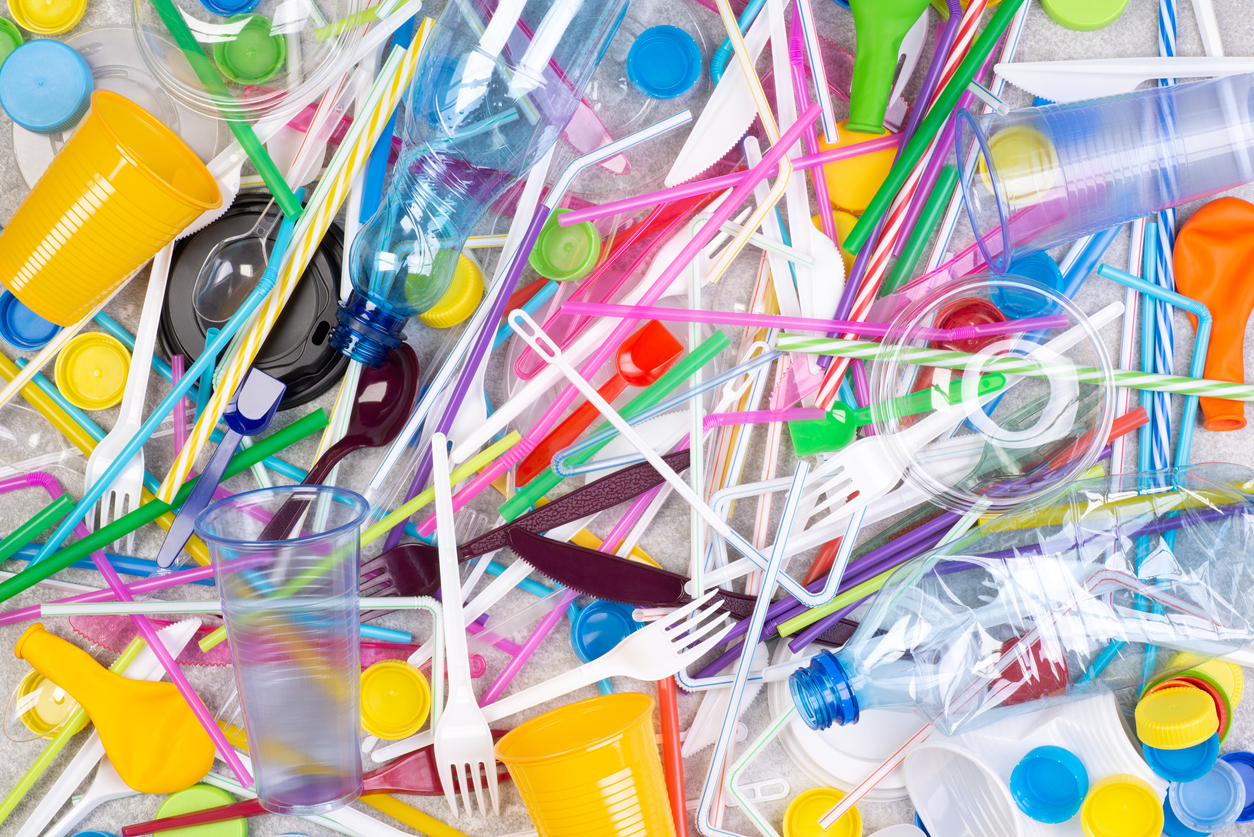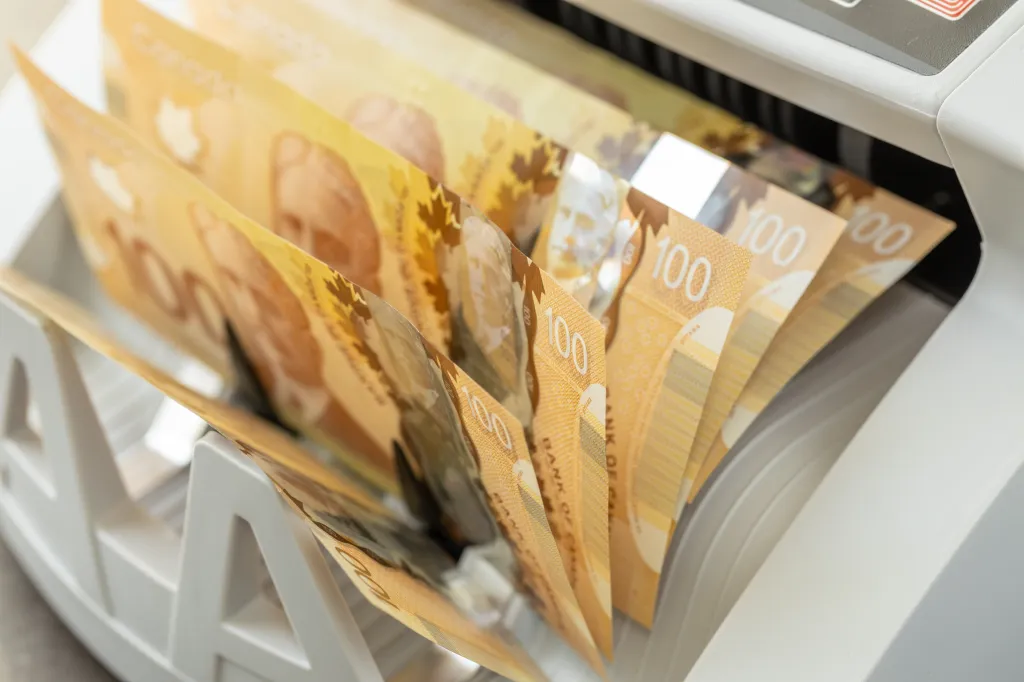Published November 8, 2023 • 7 Min Read
Plastic. It’s ubiquitous, convenient, cheap—and also contributes to one of the most significant global crises of our time.
We know that plastic has an impact on the environment, but many people don’t realize plastic pollution disproportionately hits marginalized groups1, as the United Nations recently noted.
Read on to learn more about the repercussions of plastic pollution and how organizations like Plastic Bank are helping to address the issue.

The environmental impact of plastic
To understand the full picture of the implications of plastic on the environment, you need to start with how it’s produced.
Plastic mostly comes from fossil fuels like oil and natural gas2, which contributes to diminishing finite resources3, while often destroying habitats and biodiversity through the extraction process.4 Plastic is also a major contributor to climate change5 as the extraction process releases carbon dioxide and other harmful greenhouse gases6. And to make matters even worse, some discarded plastic can end up in incinerators and release more pollutants into the air.
After plastic products have outgrown their usefulness, the pollution it causes continues to persist. As landfills overflow, plastics degrade into microplastics and leak toxic substances7 into our soil, water, and air. Our oceans are overburdened with plastic8, with the material endangering marine life through entanglement9 and ingestion10 and harming marine ecosystems from the buildup of garbage patches11. That means there’s bad news if you enjoy eating seafood, since plastic can make its way through the food chain12—one of several potential ways that plastic can affect human health.13, 14
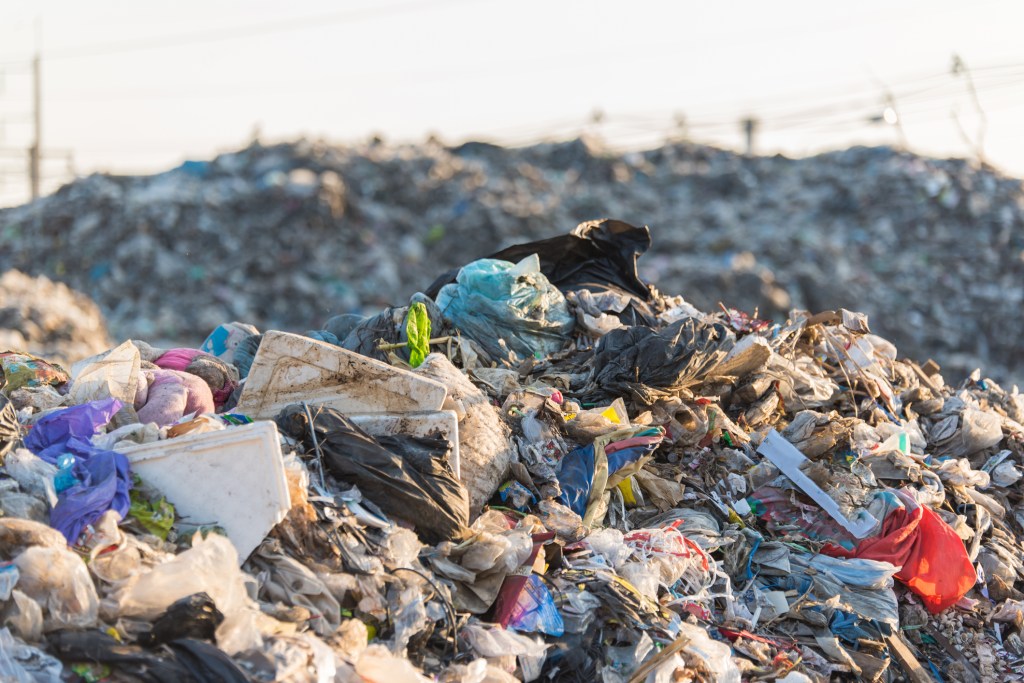
Plastic’s role in poverty
Plastic pollution isn’t just an environmental issue—it’s deeply connected to poverty15.
“In impoverished communities where basic resources are scarce, plastic is often a lifeline thanks to its low cost and accessibility,” says David Katz, Founder & Chairman of Plastic Bank. “People living in these communities may use plastic as an affordable solution for food and water storage, for example.”16
Unfortunately, as Katz explains, it’s this lack of resources that amplifies the environmental impacts of plastic for those living in low- to middle-income communities17. The absence of adequate waste management systems results in a massive accumulation of discarded plastic18, increasing the environmental challenges faced by these communities and further decreasing their quality of life19.
Many of these communities depend on natural resources for their survival20, so the ecological effects of plastic pollution can have devastating impacts on their ability to make a living21. Plus, plastic’s toxic chemicals can seep into their water sources and soil22, potentially bringing harm to those who rely on these resources23.
“We can see that plastic pollution reflects a much deeper problem, beyond simply telling people not to use or waste plastic,” Katz says. “If we really want to solve the plastic crisis, we need to uplift communities in poverty, and provide alternatives that don’t harm our planet.”
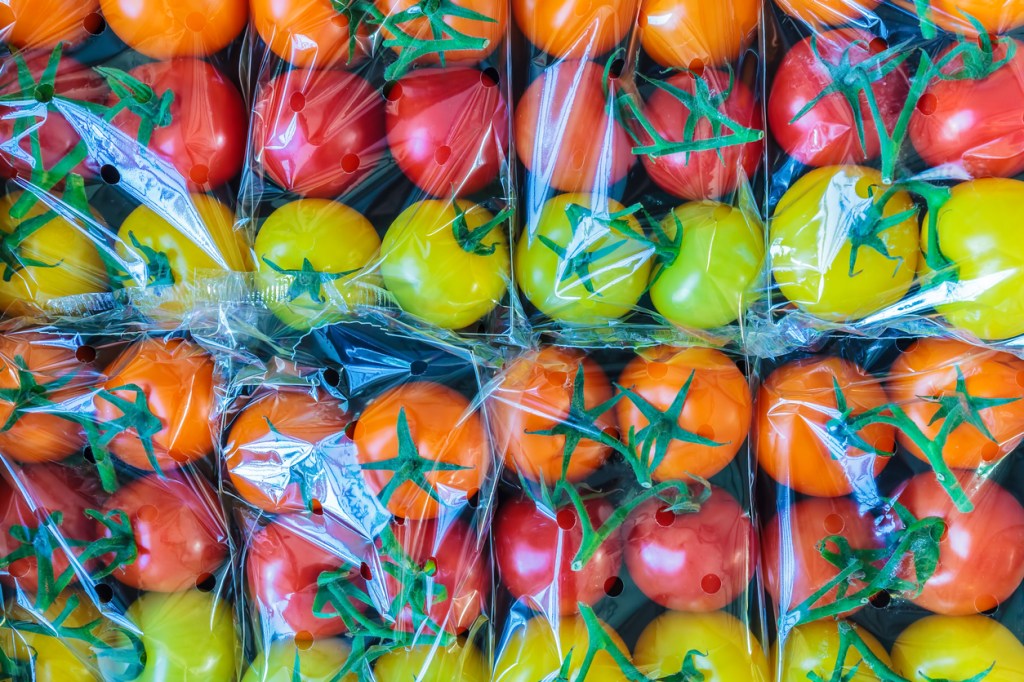
How plastic impacts consumer trust
If you run a business and plastic is part of your supply chain, you should consider being proactive about mitigating your plastic footprint. With many of today’s consumers adopting a socially conscious mindset, there is an increased interest in buying24 from like-minded companies25. Research from PwC Canada26 shows ESG factors play a significant role in customers’ trust, and many consumers will abandon brands that don’t support the issues they care about—including plastic27.
Katz notes consumers can also see through “green-washing,” which is when companies misrepresent the extent of their green initiatives. “By being honest about their plastic footprint and taking concrete steps to fix it, businesses can gain the trust of their customers,” he says.
Find out more about how to reduce your business’s plastic consumption and waste in Plastic Bank’s whitepaper “Becoming a Changemaker.”
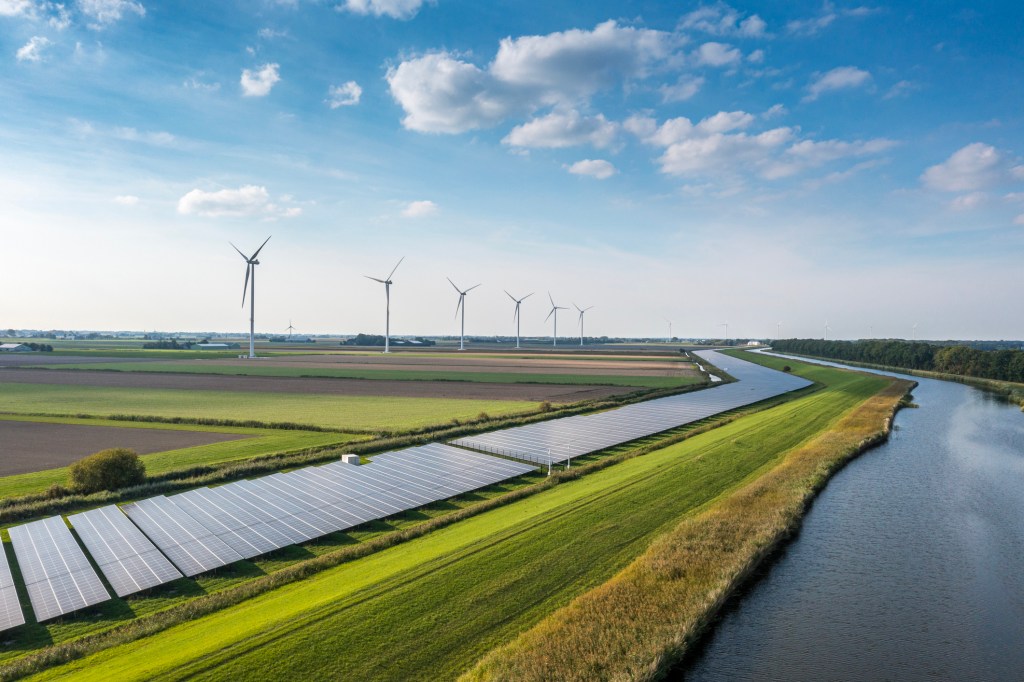
Empowering change: the story of Plastic Bank
Katz founded Plastic Bank in 2013, with a mission to make a tangible difference in the fight against plastic pollution and poverty. The Vancouver-based social enterprise builds recycling ecosystems in underdeveloped regions where community members exchange plastic for income and other benefits that enhance their quality of life.
As of October 2023, Plastic Bank’s Social Recycling Movement has stopped over 100 million kilograms of ocean-bound plastic—about five billion 500ml bottles worth28. Plus, it’s boosted the average monthly income by 33% for over 40,000 collection community members29.
“We believe that social impact drives environmental impact,” Katz says, “and our model at Plastic Bank reflects that.”
Samsul Arifin, a member of Plastic Bank’s collection community in Indonesia, exemplifies this model. Arifin collects about 35 kilograms of plastic waste each week and uses the income he earns to take care of his family and pay for his son’s education—all while reducing plastic pollution.
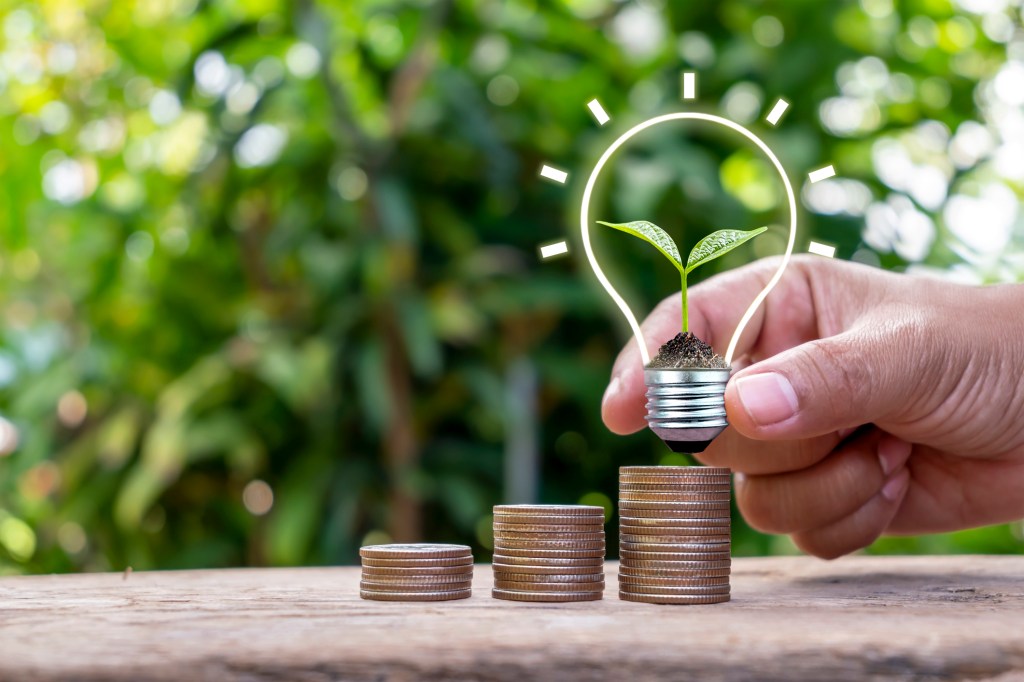
Working together toward a sustainable future
Plastic pollution isn’t a distant problem—it’s happening now, and impacting both our environment and disadvantaged communities. But Katz believes there is hope if we work together to address the issue.
“Plastic pollution exacerbates existing inequalities and burdens those who can least afford it,” he says. “It’s a pressing global issue that demands our full attention and best efforts to regenerate our planet.”
[5] Plastics and Climate Change | Plastics and the Environment Series – Geneva Environment Network
[6] 3. Greenhouse Gas Emissions from the Plastics Processing Industry (canada.ca)
[8] Plastic pollution on course to double by 2030 | UN News
[9] The rise in ocean plastics evidenced from a 60-year time series | Nature Communications
[10] Ocean Life Eats Tons of Plastic—Here’s Why That Matters (nationalgeographic.com)
[11] Great Pacific Garbage Patch (nationalgeographic.org)
[12] What Is the True Impact of Plastic In the Food Chain? (oceanblueproject.org)
[13] Plastics and Human Health | Plastics and the Environment Series – Geneva Environment Network
[15] 5 impacts of plastic pollution on people in poverty – Tearfund
[16] Empowering local communities to solve global plastic waste | World Economic Forum (weforum.org)
[17] 5 impacts of plastic pollution on people in poverty – Tearfund
[18] The Global Garbage Crisis: No Time to Waste (unep.org)
[19] Plastic pollution is an environmental injustice to vulnerable communities – new report (unep.org)
[20] Livelihoods and economies | WWF (panda.org)
[22] Plastic planet: How tiny plastic particles are polluting our soil (unep.org)
[25] The rise of the eco-friendly consumer (strategy-business.com)
[26] The rise of the eco-friendly consumer (strategy-business.com)
[27] Customers Hate Plastic Packaging, So Why Do Companies Keep Using It? (forbes.com)
[28] Plastic Bank – Empowering the World to Stop Ocean Plastic
[29] Plastic Bank – Empowering the World to Stop Ocean Plastic
This article is intended as general information only and is not to be relied upon as constituting legal, financial or other professional advice. A professional advisor should be consulted regarding your specific situation. Information presented is believed to be factual and up-to-date but we do not guarantee its accuracy and it should not be regarded as a complete analysis of the subjects discussed. All expressions of opinion reflect the judgment of the authors as of the date of publication and are subject to change. No endorsement of any third parties or their advice, opinions, information, products or services is expressly given or implied by Royal Bank of Canada or any of its affiliates.
Share This Article



